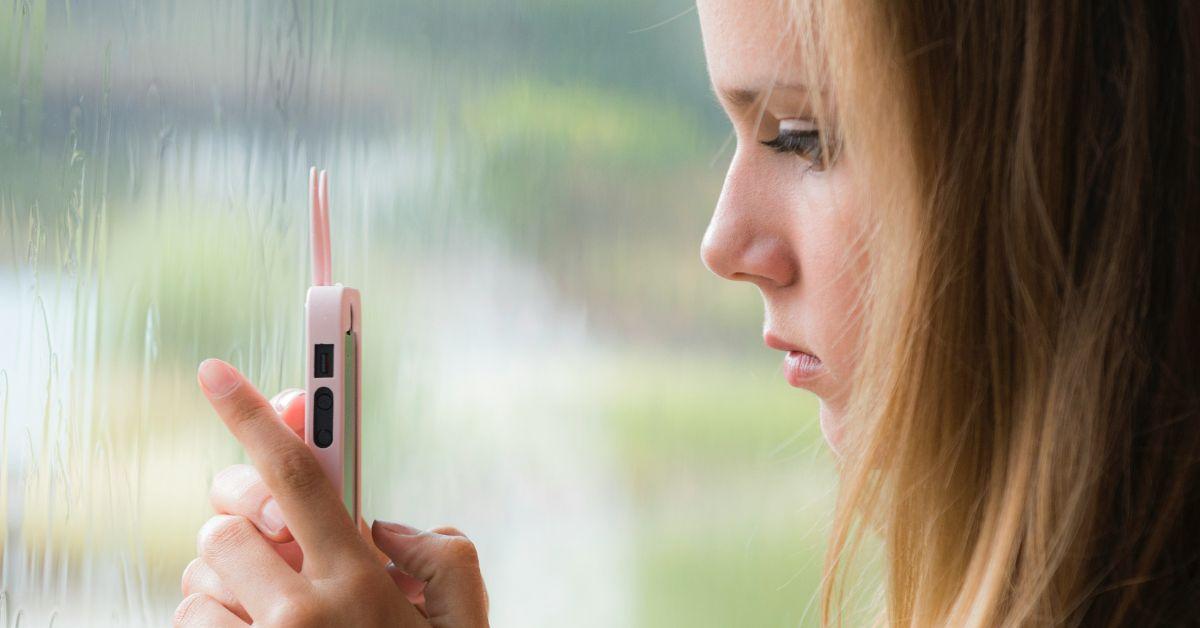By: Mike Crooks
The Albanese government has pledged to ban children from social media.
The ban is proposed to include children aged up to 16, but the cut-off age has yet to be officially set.
The ban will likely be imposed by the end of the year and will include platforms such as Facebook and Instagram.
“What we’re looking at is how you deliver it,” Prime Minister Anthony Albanese told ABC TV this morning. “We know that it’s not simple and it’s not easy. Otherwise, governments would have responded before.”
National approach
Mr Albanese told various media outlets that his preferred age cut-off for a social media ban is 16.
“The right age is between 14 and 16,” he told Nova Sydney radio. “I have a personal view, I err on the side of a higher limit, but I want to make sure that we don’t end up with different systems in different states.”
Mr Albanese told various media outlets that his preferred age cut-off for a social media ban is 16. Indeed, the Prime Minister is pushing for a “national approach” to the issue.
“We wanted to make it clear where we were headed, that we will have legislation by the end of the year,” he said.
Trial period
Over the coming months, an “age verification trial” will take place, before the legislation is introduced.
“We’ve committed to introducing legislation before the end of this year for age verification to make sure that we get young people away from this social harm,” Mr Albanese said. “This is a global issue that governments around the globe are trying to deal with, so we can look at the experience and look at the response of social media companies.”

The dangers
The issue of social media is related to how harmful it is to young people’s mental health. Yale Medicine reported in June that “mental health issues among teens have been rising for more than a decade, and some experts wonder how much social media use is to blame.”
In the same month, the US Surgeon General, Dr Vivek H. Murthy, warned that the “mental health crisis among young people is an emergency,” he wrote in the New York Times.
The Prime Minister is pushing for a “national approach” to the issue.
Dr Murthy reported that “nearly half of adolescents say social media makes them feel worse about their bodies.” And today, the Australian National University’s Generation survey revealed that social media is negatively impacting the life satisfaction of Australian high school students.
“While we know that young people face many challenges that could impact their life satisfaction, we found that the use of many of the mainstream social media platforms was associated with poorer life satisfaction,” said ANU Professor Ben Edwards, who is the lead researcher on the survey.
“Social responsibility”
To bring about an age-cut off for social media in Australia, Mr Albanese says that he is prepared to “muscle up” to the giant tech companies such as Meta (which owns Facebook and Instagram), and TikTok.
“Social media has a social responsibility also to do the right thing here, not to pretend that it’s nothing to do with them because it is causing harm,” Mr Albanese said this morning on Nine’s Today.
“We’re certainly prepared to muscle up against [social media companies] and to take action as the national government because they do have a social responsibility here.”
Difficult process
On Seven’s Sunrise, Mr Albanese added that nutting out the mechanics of the ban “will be difficult,” he said.
But, “We are prepared to act. We want to work across the parliament to get this right… That is why we said we will introduce legislation before the end of the year.”
Bipartisan approach
The opposition is on board with the proposed legislation. The Coalition has previously stated that it seeks a bipartisan deal to usher in a higher cut-off age for social media. Coalition communications spokesman David Coleman told Sky that the age cut off should be 16.
While many argue that savvy teens might find ways of getting around the proposed laws, Mr Coleman said that that shouldn’t stop the laws from being introduced.
“Some people might speed but we don’t say let’s not have speed limits,” Mr Coleman said. “I don’t find that argument very compelling at all.”
Article supplied with thanks to Hope Media.
Feature image: Photo by bruce mars on Unsplash

